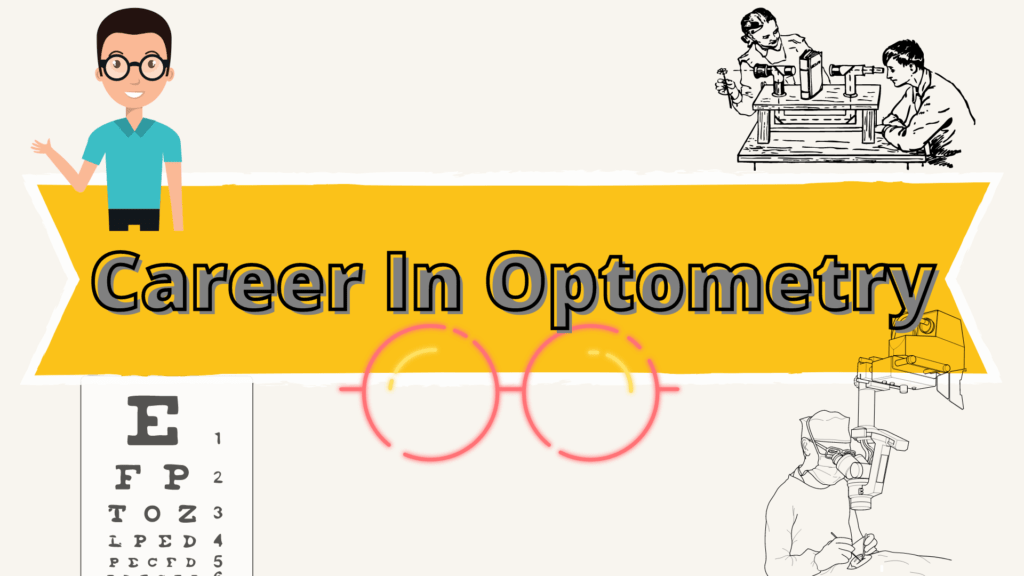Optometry as a Professional Career
Students having passed their XII standard Science examination look out for the best Professional education and career. One of them is a professional course in optometry.
Optometry and ophthalmology work together, like physiotherapy and Orthopedics. Optometry is taken as a professional career in countries with a good optometric education. A qualified optometrist is institutionally educated and clinically trained to examine, diagnose and correct the refractive errors by prescribing spectacles, contact lenses, low vision aids and vision therapy eye exercises to patients complaining of visual symptoms. An optometrist can contribute to public health - by vision screening in schools an industry . He can also attend to vision defects, associated with driving and flying. An optometrist can take up counseling of patients with partial sight and hereditary vision defects. With many world class products now being available in India, the present day optical business is getting increasingly professional. Given the scarcity of qualified optometrists in our country and the rapidly growing Ophthalmic industry, there is a great demand for institutionally qualified optometrists. With such a background, professional courses in optometry have an excellent future. Advanced countries of the World have recognised the joint role of ophthalmology and optometry in eye care. In India, ophthalmology has a well established educational base linked to Universities and therefore its level of education is at the highest. However, there are hardly 10,000 Ophthalmologists in a vast country like ours and it is more important that the high level of their specialisation is not being directed to primary eye care. It can be better utilised for various modes of surgical and medical treatment to control the large population of blindness.




